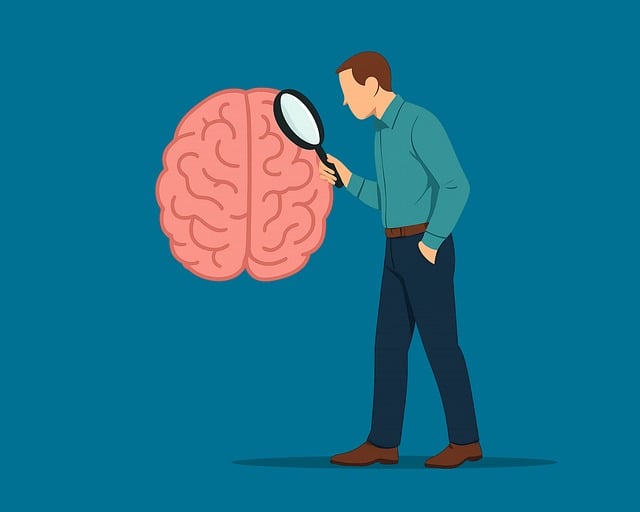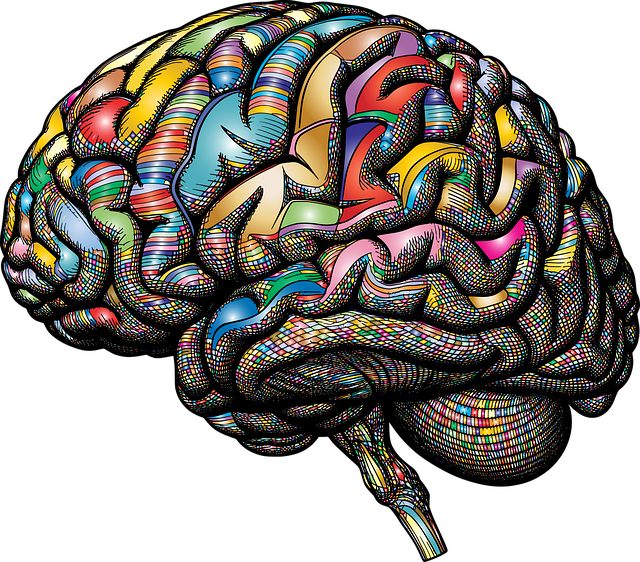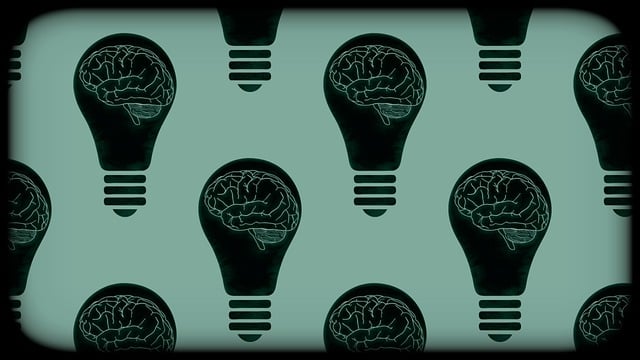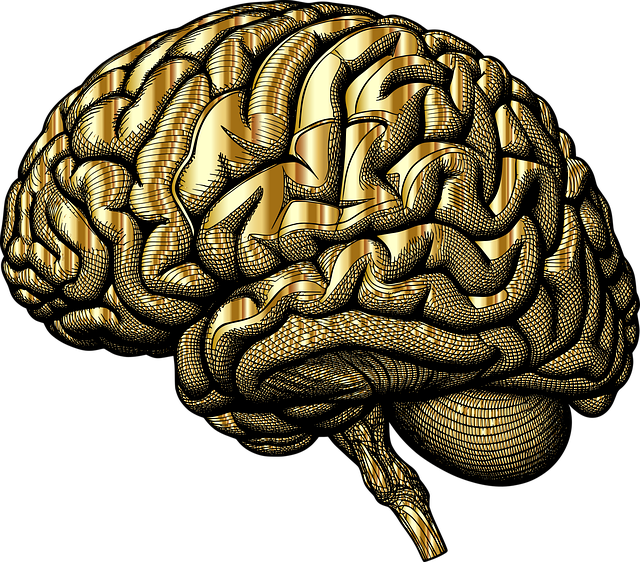Understanding Mental Illness Diagnoses involves a multi-step process utilizing advanced techniques like Parker Biofeedback Therapy, offering a non-invasive approach to stress and anxiety management. This method, coupled with traditional therapies, empowers individuals through self-awareness exercises, improving mental health outcomes. Navigating treatment options requires knowledge of various modalities, risk assessment, and collaboration with healthcare providers. A strong support network, including family and friends, facilitates emotional healing alongside professional therapy. Effective self-care strategies, combined with Parker Biofeedback Therapy, promote well-being, reduce symptoms, and enhance resilience for a fulfilling life.
Mental illness diagnoses can be overwhelming, but understanding the process is empowering. This comprehensive guide navigates the intricate journey from initial evaluation to treatment options, focusing on innovative approaches like Parker Biofeedback Therapy. Learn how this therapy plays a pivotal role in managing conditions ranging from anxiety to depression. We explore strategies for building supportive networks and self-care techniques for long-term well-being. By demystifying diagnosis and providing practical tools, we aim to guide individuals towards optimal healing and improved mental health outcomes.
- Understanding Mental Illness Diagnoses: Demystifying the Process
- The Role of Parker Biofeedback Therapy in Treatment
- Navigating Treatment Options: A Comprehensive Guide
- Building a Supportive Network for Optimal Healing
- Self-Care Strategies for Continuous Well-being After Diagnosis
Understanding Mental Illness Diagnoses: Demystifying the Process

Understanding Mental Illness Diagnoses: Demystifying the Process
Mental illness diagnoses can often feel like navigating a complex labyrinth, but with the right tools and guidance, it becomes more manageable. At its core, the diagnosis process involves a comprehensive evaluation by qualified healthcare professionals who employ various methods to assess symptoms, rule out other conditions, and confirm the presence of a specific mental health disorder. This may include thorough interviews, questionnaires, observations, and even advanced techniques like biofeedback therapy offered by practitioners like Parker Biofeedback Therapy. By utilizing these approaches, healthcare providers gain insights into an individual’s unique experiences and challenges, enabling them to provide tailored support.
Reducing the stigma associated with mental illness is a crucial aspect of this process. Mental Illness Stigma Reduction Efforts play a vital role in encouraging individuals to seek help without fear of judgment. Additionally, building confidence through Self-Care Routine Development for Better Mental Health empowers people to take an active role in their well-being. This journey towards understanding and managing mental health begins with demystifying the diagnosis process, paving the way for effective treatment and improved quality of life.
The Role of Parker Biofeedback Therapy in Treatment

Parker Biofeedback Therapy is a revolutionary approach that plays a pivotal role in enhancing mental illness treatment navigation. This therapy leverages self-awareness exercises to empower individuals with a deeper understanding of their physiological responses, enabling them to manage stress and anxiety more effectively. By teaching coping skills development through real-time feedback, Parker Biofeedback helps patients gain control over their emotional states, fostering self-esteem improvement and overall well-being.
This non-invasive technique incorporates sensory feedback mechanisms, allowing individuals to visualize and regulate their bodily responses during various mental health challenges. As a result, patients develop a stronger sense of agency over their emotions, leading to improved coping strategies. The integration of self-awareness exercises within Parker Biofeedback Therapy not only complements traditional treatment methods but also enhances the patient’s ability to navigate and overcome psychological barriers, ultimately contributing to better outcomes in mental health care.
Navigating Treatment Options: A Comprehensive Guide

Navigating treatment options can be a complex and daunting task for anyone facing mental illness. With various approaches available, understanding each method’s effectiveness and potential benefits is crucial. A comprehensive guide should offer insights into different therapeutic modalities, helping individuals make informed decisions. For instance, Parker Biofeedback Therapy has gained recognition as a groundbreaking technique in depression prevention and resilience building. This non-invasive approach teaches patients to control their physiological responses, fostering self-regulation and emotional stability.
Additionally, a thorough exploration of treatment choices should include discussions on risk assessment for mental health professionals. By evaluating individual needs, specialists can recommend tailored interventions, ensuring optimal outcomes. From cognitive-behavioral therapy (CBT) to mindfulness practices, each has its unique role in managing symptoms and enhancing overall well-being. A comprehensive guide empowers individuals to engage in active participation, fostering a collaborative relationship with healthcare providers for successful mental health navigation.
Building a Supportive Network for Optimal Healing

Building a robust support network is an integral part of navigating mental illness and fostering optimal healing. This involves surrounding oneself with understanding and compassionate individuals who can offer various forms of assistance throughout the journey. At its core, this network should include close friends and family members who possess the capacity to listen without judgment, provide emotional reassurance, and offer practical help when needed. Such a supportive environment allows individuals to feel safe to express their feelings and fears openly, which is crucial for processing emotions and fostering emotional healing processes.
In conjunction with empathy-building strategies and inner strength development facilitated by professional therapists like Parker Biofeedback Therapy, this network can significantly enhance recovery outcomes. Members can encourage participation in therapeutic activities, help set achievable goals, and provide accountability to ensure individuals stay on track during challenging periods. Moreover, a strong support system can offer valuable insights and perspectives, helping individuals navigate complex emotional landscapes and cultivate strategies for managing symptoms effectively.
Self-Care Strategies for Continuous Well-being After Diagnosis

After receiving a mental illness diagnosis, adopting effective self-care strategies is essential for maintaining continuous well-being. Beyond medication and therapy, individuals can empower themselves through practices that nurture both mind and body. Incorporating techniques like mindfulness meditation, regular exercise, and adequate sleep can significantly enhance emotional resilience and overall mental health. These activities help reduce stress, improve mood regulation, and promote a sense of calm, making them valuable tools in managing symptoms effectively.
Additionally, seeking support from a healthcare provider with cultural competency training can be immensely beneficial. Such professionals understand the unique challenges faced by diverse populations and offer tailored guidance on integrating self-care practices into daily life. By combining these strategies—which may include Parker Biofeedback Therapy techniques for stress reduction—with ongoing therapy and medication, individuals can foster resilience, improve emotional well-being, and lead more fulfilling lives despite their diagnosis.
Mental illness diagnosis and treatment can be a complex journey, but with the right tools and support, individuals can navigate this path successfully. By demystifying the diagnostic process, understanding therapy options like Parker Biofeedback, and building a strong support network, those facing mental health challenges can achieve significant improvements in their well-being. Remember that self-care is essential, and adopting effective strategies post-diagnosis ensures sustained progress towards a healthier, happier life.









